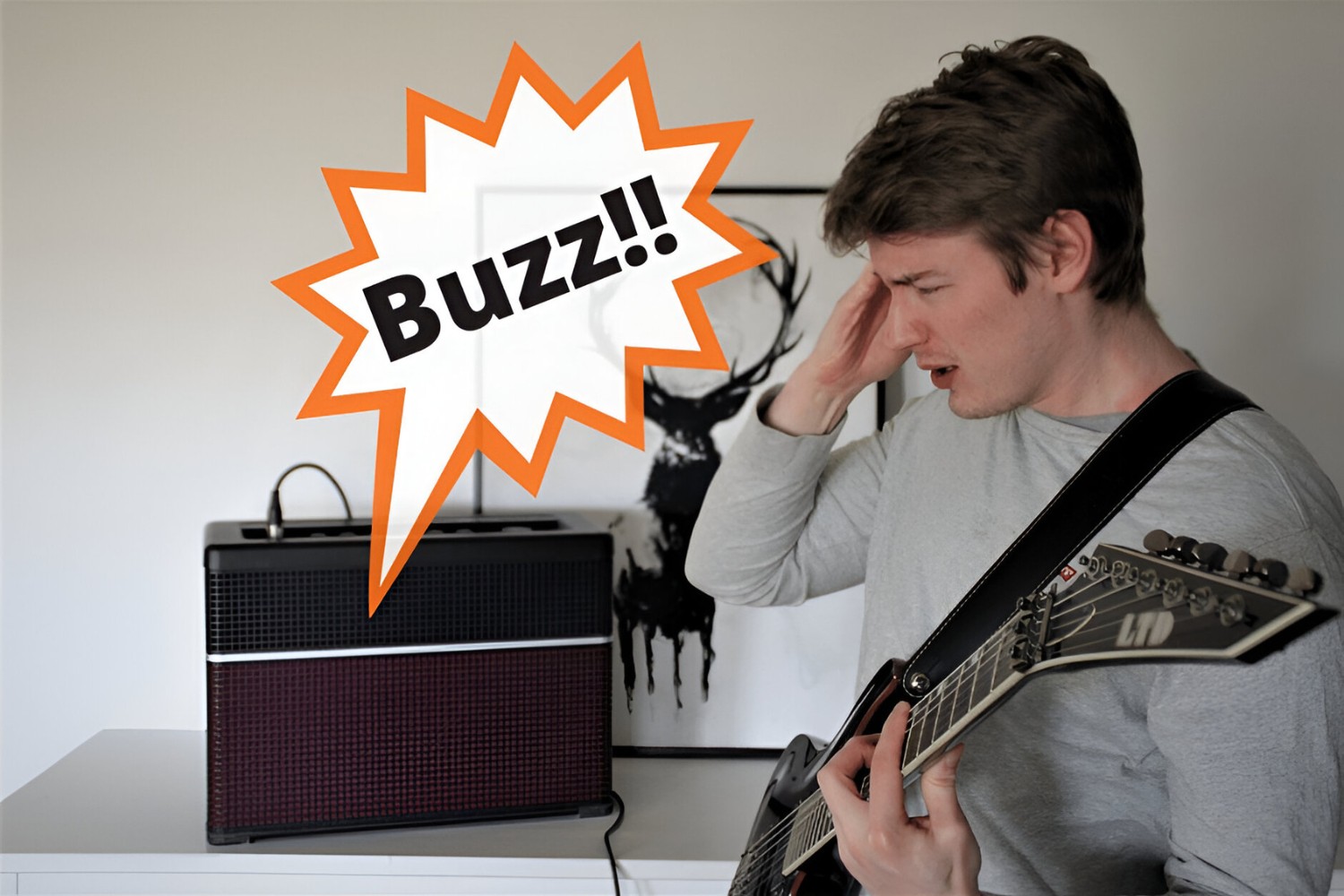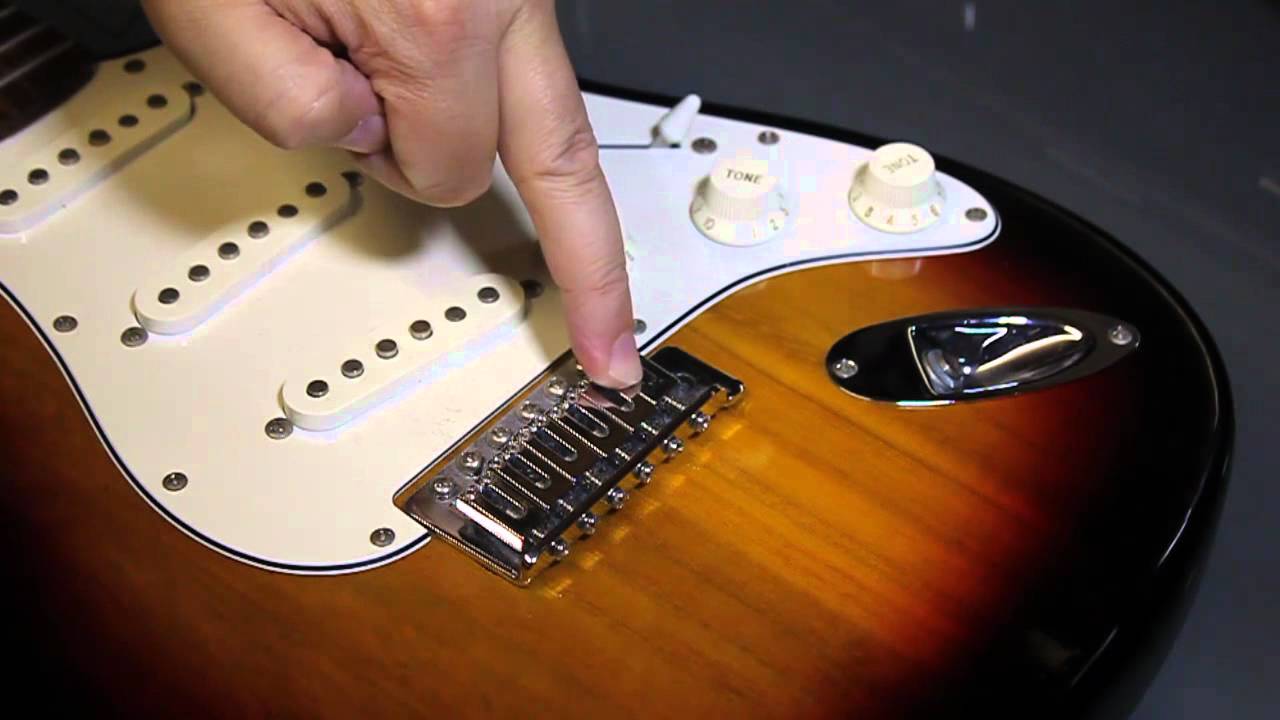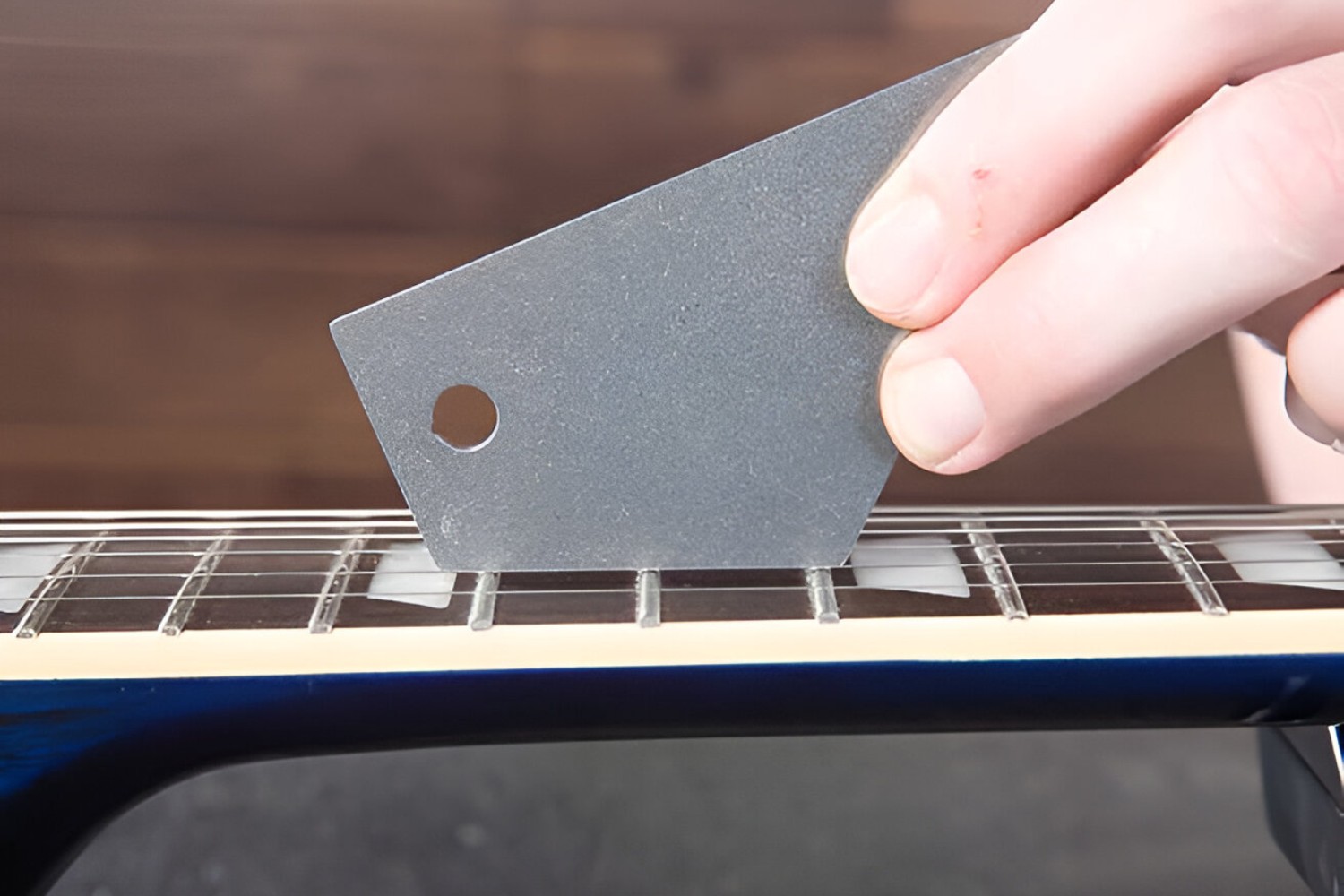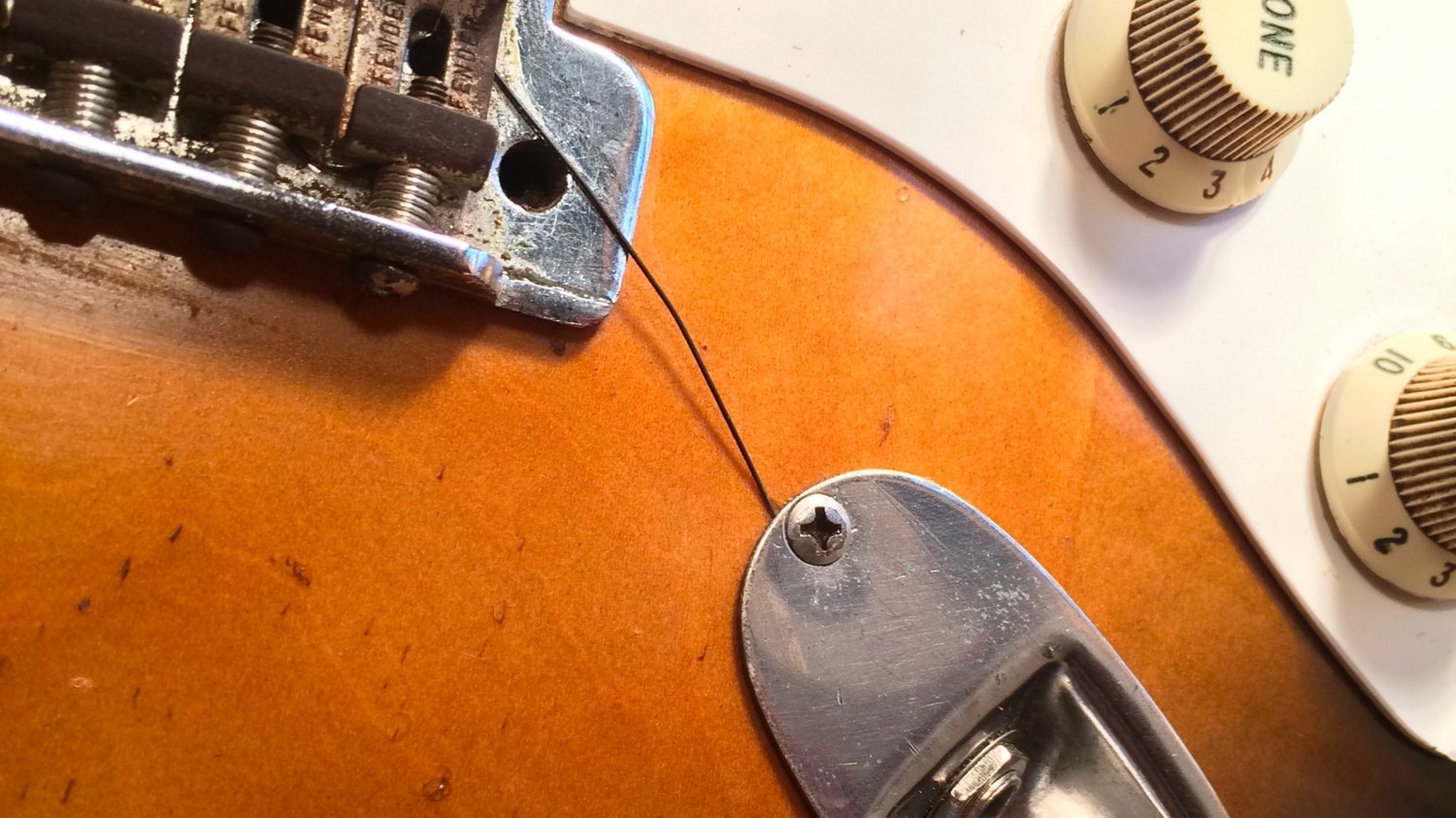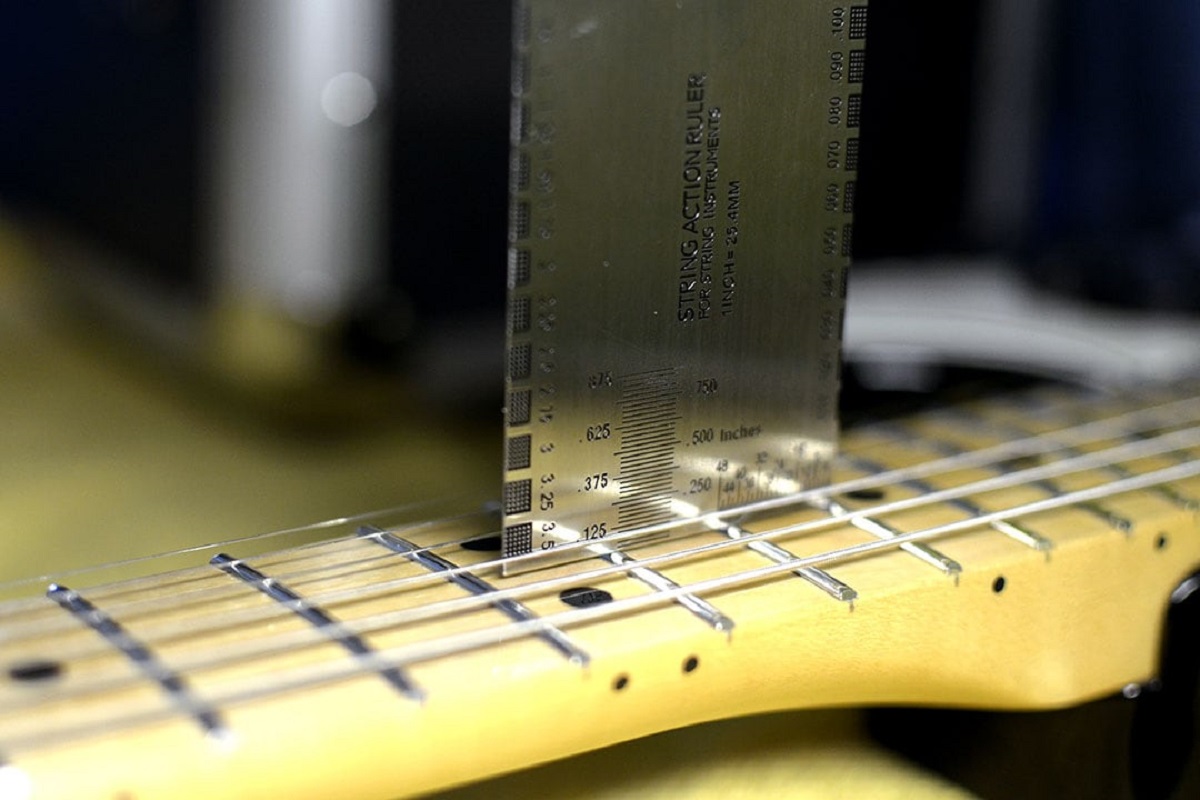Introduction
Understanding Electric Guitar Buzz When Plugged In
Electric guitars are renowned for their versatility and powerful sound. However, one common issue that guitarists encounter is the dreaded buzz that emanates when the instrument is plugged in. This pesky buzz can be a source of frustration for players, interfering with the clarity and purity of the guitar’s sound. It’s essential for guitar enthusiasts to understand the root causes of this buzzing phenomenon and explore effective solutions to mitigate it.
Whether you’re a seasoned musician or a beginner, grappling with electric guitar buzz can be perplexing. The buzzing sound can detract from the overall performance and diminish the enjoyment of playing the instrument. By delving into the common causes of electric guitar buzz and exploring practical solutions, guitarists can regain control over their instrument’s sound and elevate their playing experience.
From loose components to electromagnetic interference, various factors can contribute to the buzzing dilemma. Understanding these factors is crucial for troubleshooting and rectifying the issue. This article delves into the common causes of electric guitar buzz and provides actionable solutions to help guitarists address this pervasive problem effectively.
Common Causes of Electric Guitar Buzz
Electric guitar buzz can stem from a myriad of sources, and identifying the specific cause is instrumental in resolving the issue. Here are the common culprits behind the vexing buzz that plagues electric guitars:
- Grounding Issues: Inadequate grounding within the guitar or the amplifier can lead to unwanted buzzing. When the guitar’s electrical system is not properly grounded, it becomes susceptible to interference, resulting in an audible buzz.
- Loose Components: Loose hardware, such as the output jack, tuning pegs, or even the pickups, can generate buzzing sounds. Vibrations from playing the guitar can exacerbate the issue, causing intermittent or persistent buzzing.
- Shielding Problems: Inadequate shielding within the guitar’s control cavity can make it susceptible to electromagnetic interference, manifesting as an audible buzz. This interference can originate from various sources, including nearby electronic devices and fluorescent lighting.
- String Buzz: Improperly set action or uneven frets can cause the guitar strings to make contact with the frets, resulting in a buzzing sound. This issue is particularly noticeable when playing certain frets or strings.
- Amplifier Malfunctions: Faulty amplifiers or cables can introduce buzzing into the signal chain. Issues such as loose connections, damaged cables, or malfunctioning amplifier components can contribute to the unwanted noise.
These common causes of electric guitar buzz can significantly detract from the instrument’s sonic performance, frustrating players and disrupting their musical endeavors. By understanding these underlying factors, guitarists can effectively diagnose and address the buzzing issue, restoring the guitar’s pristine sound.
Solutions for Electric Guitar Buzz
Resolving electric guitar buzz requires a systematic approach that addresses the specific causes of the issue. Here are actionable solutions to mitigate and eliminate the buzzing problem:
- Proper Grounding: Ensuring adequate grounding within the guitar and amplifier is essential. Checking and tightening the ground connections, including the bridge ground wire and the output jack ground, can significantly reduce buzzing caused by grounding issues.
- Component Inspection and Tightening: Regularly inspecting and tightening loose components, such as the output jack, tuning pegs, and pickups, can prevent buzzing. Additionally, securing the control cavity’s shielding can minimize electromagnetic interference.
- Adjusting Action and Fretwork: Addressing string buzz necessitates adjusting the guitar’s action and addressing any fret leveling or dressing issues. Ensuring proper string height and fret alignment can eliminate buzzing caused by string contact with the frets.
- Signal Chain Evaluation: Thoroughly examining the amplifier, cables, and pedal connections can help identify and rectify buzzing stemming from signal chain malfunctions. Replacing damaged cables and troubleshooting amplifier issues is crucial for maintaining a clean signal.
- Utilizing Noise-Reduction Pedals: Noise-reduction pedals can effectively suppress buzzing and unwanted noise in the signal chain. These pedals employ advanced circuitry to identify and attenuate extraneous noise, preserving the guitar’s pristine tone.
Implementing these solutions empowers guitarists to tackle electric guitar buzz systematically, restoring the instrument’s sonic integrity and ensuring an optimal playing experience. By addressing grounding, component stability, fretwork, and signal chain integrity, players can effectively banish the vexing buzz that plagues their electric guitars.
Conclusion
Electric guitar buzz, while a common nuisance, is not insurmountable. By understanding the prevalent causes of buzzing and implementing targeted solutions, guitarists can reclaim the pure and unadulterated sound of their instruments. The journey to eliminating electric guitar buzz begins with a comprehensive diagnosis of the underlying factors that contribute to the issue.
From grounding inadequacies to loose components and electromagnetic interference, the sources of electric guitar buzz are diverse and multifaceted. However, armed with knowledge and practical solutions, guitarists can effectively address each of these factors, restoring their instrument’s sonic prowess.
Furthermore, proactive maintenance and regular inspections play a pivotal role in preventing electric guitar buzz. By routinely checking and tightening components, ensuring proper grounding, and evaluating the integrity of the signal chain, guitarists can preemptively thwart buzzing issues before they detract from their playing experience.
Ultimately, the pursuit of a buzz-free electric guitar experience is a testament to a guitarist’s dedication to their craft. By diligently troubleshooting and implementing the recommended solutions, players can cultivate an environment where the instrument’s true voice can resonate unhindered.
As guitarists embark on their musical endeavors, armed with the knowledge and strategies to combat electric guitar buzz, they can unlock the full potential of their instruments and immerse themselves in the rich, unadulterated tones that define the electric guitar’s allure.







